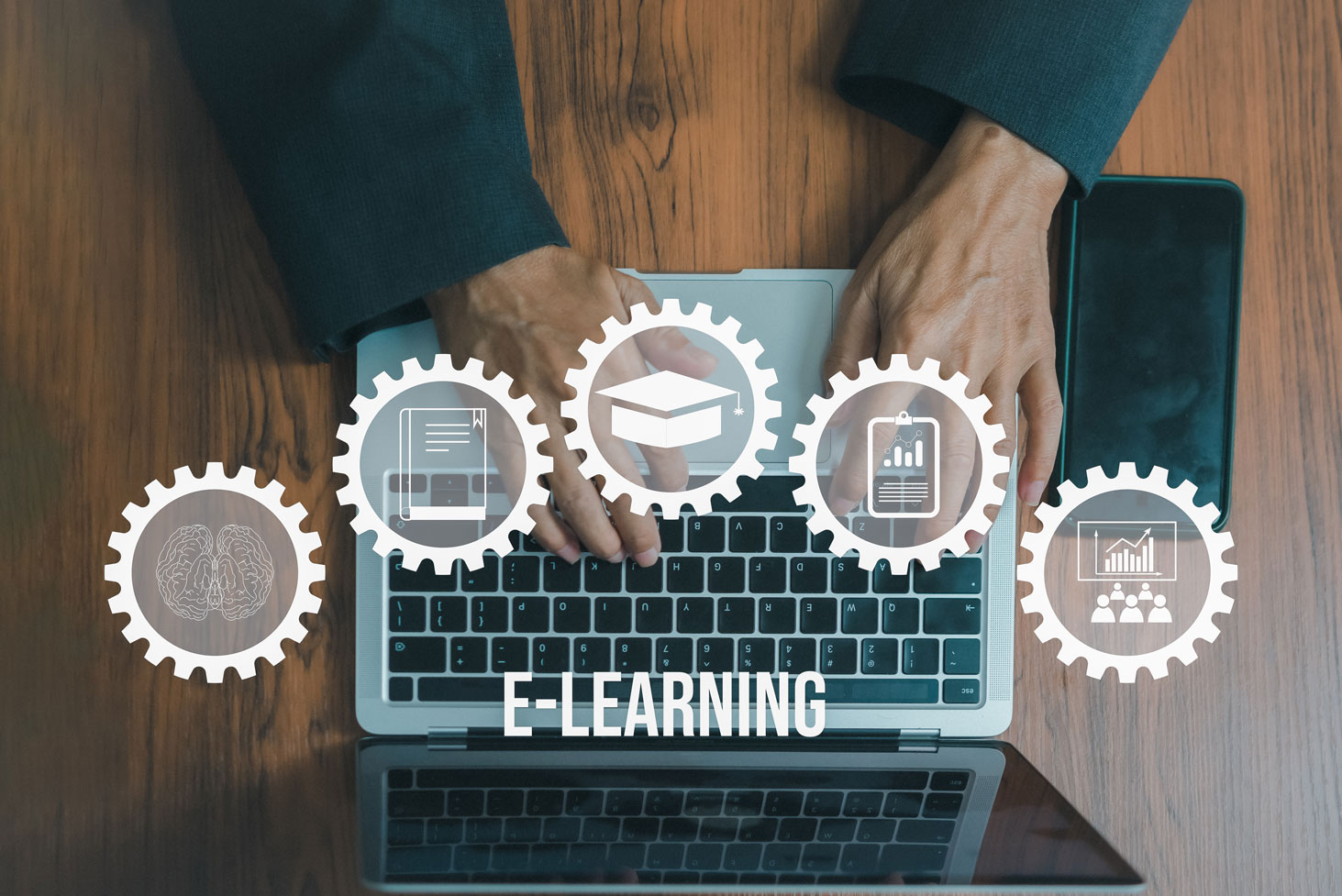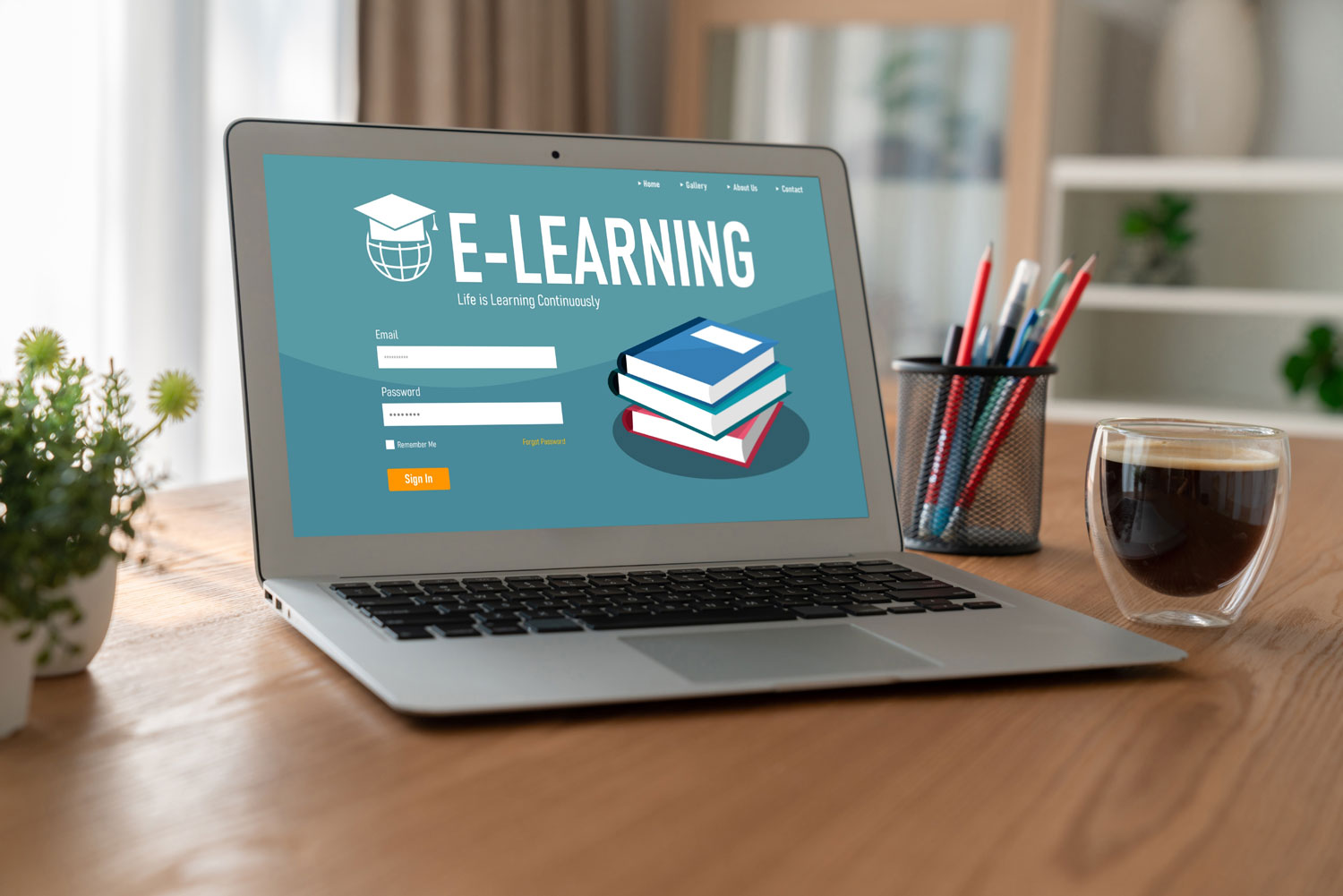Sales Training Software: Equip Your Teams for Success

Discover the top tips for making your sales teams unbeatable with the right tools.
What is Sales Training?
Sales training is the process by which organizations educate their staff to sell more effectively. A robust training program sharpens sales skills, develops interpersonal abilities for better client relationships, and enhances deal closure rates.
To deliver impactful sales training, organizations should create custom programs that include both standard sales skills and product-specific training. Equipping your sales teams with thorough product knowledge and persuasive skills ensures they exceed expectations.
Why is Sales Training Important for Businesses?
Effective sales teams are crucial for business growth, competitiveness, profitability, and prosperity.
- Stay Up-to-Date: Continuous upskilling is necessary due to technological advancements and market changes.
- Build Brand Loyalty: Quality sales training enhances customer relationships, trust, and loyalty. Sales teams better understand customer pain points and provide tailored solutions, leading to increased customer satisfaction and repeat business.
- Grow Revenue: Investing in sales training improves skills and knowledge, essential for closing deals and engaging customers. Well-trained sales teams achieve higher revenue growth through better performance metrics like conversion rates and average deal size.
- Achieve Higher ROI: Sales training yields tangible results such as increased revenue, higher win rates, and reduced sales cycle lengths. Better-trained teams also realize cost savings and efficiency gains.
The Right Sales Training Software
Online sales training software, like GOLS EdTech LMS, simplifies making your sales teams exceptional. It automates the curation, management, and delivery of sales training, allowing instructional designers to create customized, engaging courses efficiently.
Benefits of Sales Training Software
- Enhanced Productivity and Efficiency: Sales training software provides interactive and efficient learning, helping teams master essential knowledge and stay motivated.
- Increased Engagement and Retention: A user-friendly LMS engages employees, leading to more wins and reduced turnover.
- Personalized Training: Track activities, assess performance, and offer tailored programs to help your teams grow and engage effectively.
- Effective Onboarding: Speed up onboarding with ready-made courses, making new hires productive faster.
- Monitor Effectiveness: Use tracking and analytics to optimize training costs, effectiveness, and learning experiences.
Selecting the Right Sales Training Software
Consider these factors when choosing sales training software:
- Customizable content
- Multiple training formats
- Anytime, anywhere accessibility
- High security and privacy protection
- Real-time tracking and analytics
- Integrations with other platforms
- User-friendly interface
GOLS EdTech LMS meets these criteria, offering comprehensive tools and features for effective training.
What is Sales Enablement?
Sales enablement equips staff with the content, tools, knowledge, and skills to be effective in their roles. This includes providing updated product information, best practices, tools for building customer relationships, and essential soft skills.
Sales Enablement Initiatives with GOLS EdTech LMS
- Learning on the Go: Mobile compatibility allows sales reps to learn anytime, anywhere.
- Competitive Training: Gamification engages sales staff by making learning competitive and fun.
- Building Essential Skills: Use examples and assessments to close skill gaps and provide feedback.
- Consistent Training: Virtual classrooms and discussion boards keep learners engaged and up-to-date.
- Staying Current: Regularly update training content to reflect the latest product and service developments.
- Evaluating Training: Use post-training surveys and data analysis to continuously improve training programs.
Types of Sales Training
- Sales Management Training: Equips managers with skills to plan, direct, and motivate their teams.
- Sales Rep Training: Ensures reps are knowledgeable about products and skilled in selling techniques.
Examples of Sales Training
- Software Sales Training: Focuses on practical skills like demo training.
- Retail Sales Training: Aims to convert browsers into buyers.
- Hotel Sales Training: Specialized training based on expert reports.
- B2B Sales Training: Builds productive and efficient sales forces.
- Pharmaceutical Sales Training: Keeps teams updated with the latest advancements.
- Insurance Sales Training: Ensures sellers stay fresh and customer-focused.
Key Sales Training Topics
Focus on these essential topics to design effective training programs:
- Sales Hard Skills: Pipeline management, market research, sales tools, prospecting, lead qualification, and pitching.
- Social Selling: Using social media to build relationships and boost sales.
- Selling Automation: Automating repetitive tasks to focus more on selling.
- AI for Sales: Utilizing AI to gain insights into customer behavior and predict needs.
- Communication & Listening Skills: Building effective communication and active listening abilities.
- Handling Objections & Rejections: Training on staying calm and negotiating solutions.
- Product Knowledge: Keeping up with product updates and consumer sentiments.
- Time Management: Managing tasks effectively to maximize productivity.
Continuous Learning for Sales Teams
Embrace continuous learning to empower your sales teams and drive better results. Invest in sales training software that encourages ongoing development, like GOLS EdTech LMS, which offers customizable content, various delivery methods, and video conferencing integrations.
Addressing Specific Needs of Different Sales Roles
Tailor training programs to meet the specific needs and challenges of different sales roles or industries. Use personalized training, customized content, and reporting options to provide your teams with the tools they need to succeed.
Best Practices for Sales Training
Follow these best practices to ensure your sales training is effective and engaging:
- Invest in Asynchronous Training: Provide on-demand learning to connect work and training seamlessly.
- Include Sales Enablement: Go beyond product knowledge to include modern tools and techniques.
- Don’t Forget Soft Skills: Train on communication, critical thinking, and emotional intelligence.
- Add Role-Playing Activities: Scenario-based learning builds confidence and real-life skills.
- Incorporate Gamification: Use gamification to motivate and engage employees.
- Evaluate Training: Use surveys, assessments, and data analysis to continuously improve training programs.
Measuring Training Effectiveness
To measure the effectiveness of your sales training programs, use training metrics such as pass rates, satisfaction scores, completion rates, and post-training performance. Gather feedback through surveys and use reporting features to analyze and improve your programs.
Strategies for Fostering Collaboration and Knowledge Sharing
- Encourage Transparency and Open Communication: Build trust and collaboration through open communication.
- Provide Rewards and Incentives: Reward collaborative behavior to promote teamwork.
- Offer Peer-to-Peer Learning: Use mentoring, job shadowing, and discussion boards to encourage knowledge sharing.
- Leverage Technology: Use sales training platforms with video conferencing, discussion boards, and gamification features to enhance collaboration.
Sales Leadership and Coaching for Success

Effective sales leadership involves managing the sales process, engaging teams, and providing problem-solving assistance. Sales coaching focuses on helping salespeople improve their skills and performance independently.
By following these guidelines and leveraging the right sales training software, you can equip your sales teams with the skills, knowledge, and tools they need to excel and drive your business to new heights.




